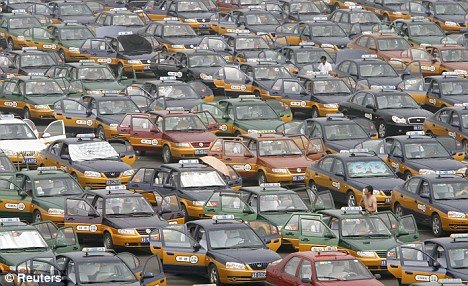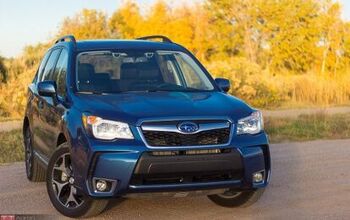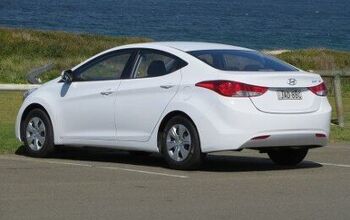Hyundai Expands In China, Exits Japan

South Korea’s Hyundai will spend some $800m to build a third Chinese plant, says the Nikkei [sub]. The plant will be located in Beijing along with its two existing facilities. It is targeted to come on-stream at the end of 2011, with an annual capacity of 300,000 units.
Also as per the Nikkei, Hyundai will withdraw from the Japanese passenger vehicle market. Hyundai’s Nipponese sales are a disaster. From January-October Hyundai sold just 764 to the Japanese. Sayonara.

Bertel Schmitt comes back to journalism after taking a 35 year break in advertising and marketing. He ran and owned advertising agencies in Duesseldorf, Germany, and New York City. Volkswagen A.G. was Bertel's most important corporate account. Schmitt's advertising and marketing career touched many corners of the industry with a special focus on automotive products and services. Since 2004, he lives in Japan and China with his wife <a href="http://www.tomokoandbertel.com"> Tomoko </a>. Bertel Schmitt is a founding board member of the <a href="http://www.offshoresuperseries.com"> Offshore Super Series </a>, an American offshore powerboat racing organization. He is co-owner of the racing team Typhoon.
More by Bertel Schmitt


































Comments
Join the conversation
Hyundai is good in making cheap, big cars. There is a very small market for big, cheap cars in Japan.
The South Koreans and Chinese drive on the right (some would say correct) side of the road (steering wheel on the left side), and their entry level cars are b and c segment cars. For Hyundai the same is conveniently true of the US. The Japanese drive on the left side of the road (steering wheel on the right side), and their entry level cars, with more than 1/3 of the market, are microcar kei cars. It doesn't make a lot of sense for Hyundai to try to develop RHD kei cars for a dying market, when instead it can focus on LHD b segment + cars for South Korea, the US and China. Especially since the Japanese have intense, non-trivial, ethnic prejudices that further complicate Hyundai's success in Japan, especially with regard to purchases as conspicous to one's neighbors as a car. It's Japan's loss, the Genesis Coupe, with either the I4 turbo or V6, is better than anything that Japan makes at anywhere near the price.
Re: "It’s quite simple: Hyundai never had a concise value proposition for the Japanese buyer. I think NN had it best: 'Hyundais are only comparable to their Japanese competitors, not better.' Or cheaper. Or whatever." It's definitely NOT that simple. If Hyundai had nothing to offer buyers of Japanese cars then it would have never had any success in the US market, where the Japanese were already well established. The truth is that 1) Hyundai doesn't make the kei cars that 1/3 of Japanese buy, and making kei cars wouldn't be worth its time, but, more importantly 2) the Japanese are intensely xenophobic, and even if a Japanese person isn't intensely xenophobic he or she won't buy a foreign car (unlike a phone or tv) out of concern than his or her neighbors are. Intensely xenophobic culture beats tariffs any day, if anyone doubts that look at Japanese auto market penetration in Europe (where the locally produced cars are so bad that the French and Italians can’t even sell theirs in the US) vs. Japanese auto market penetration in the more open minded US.